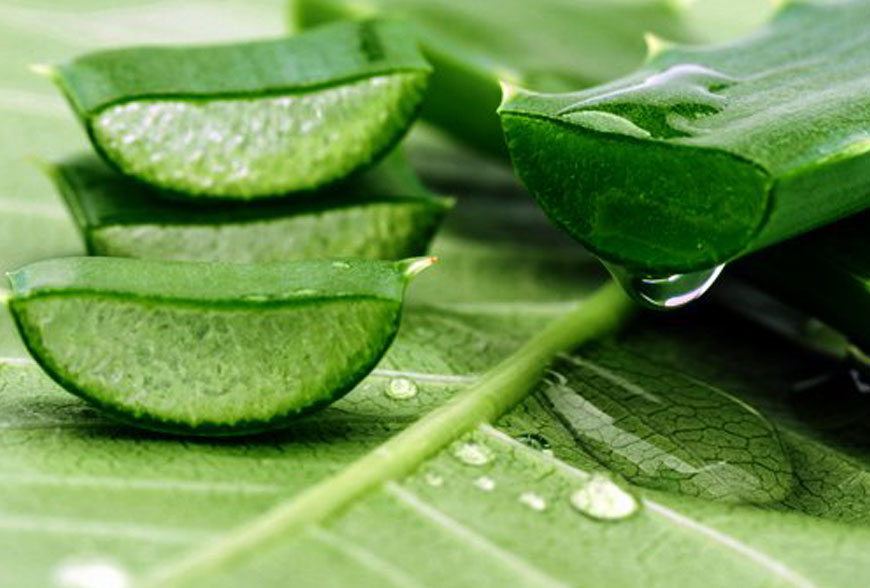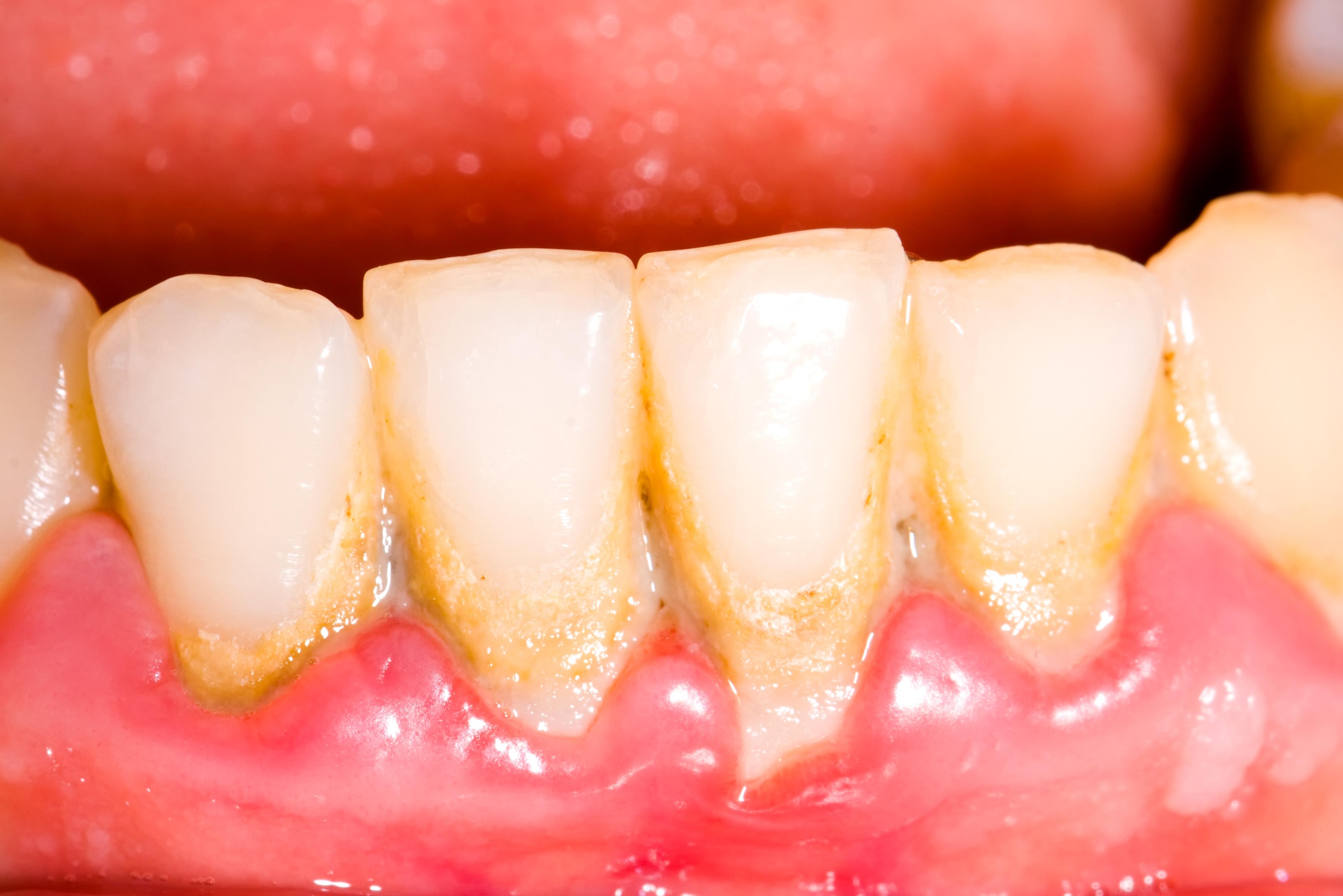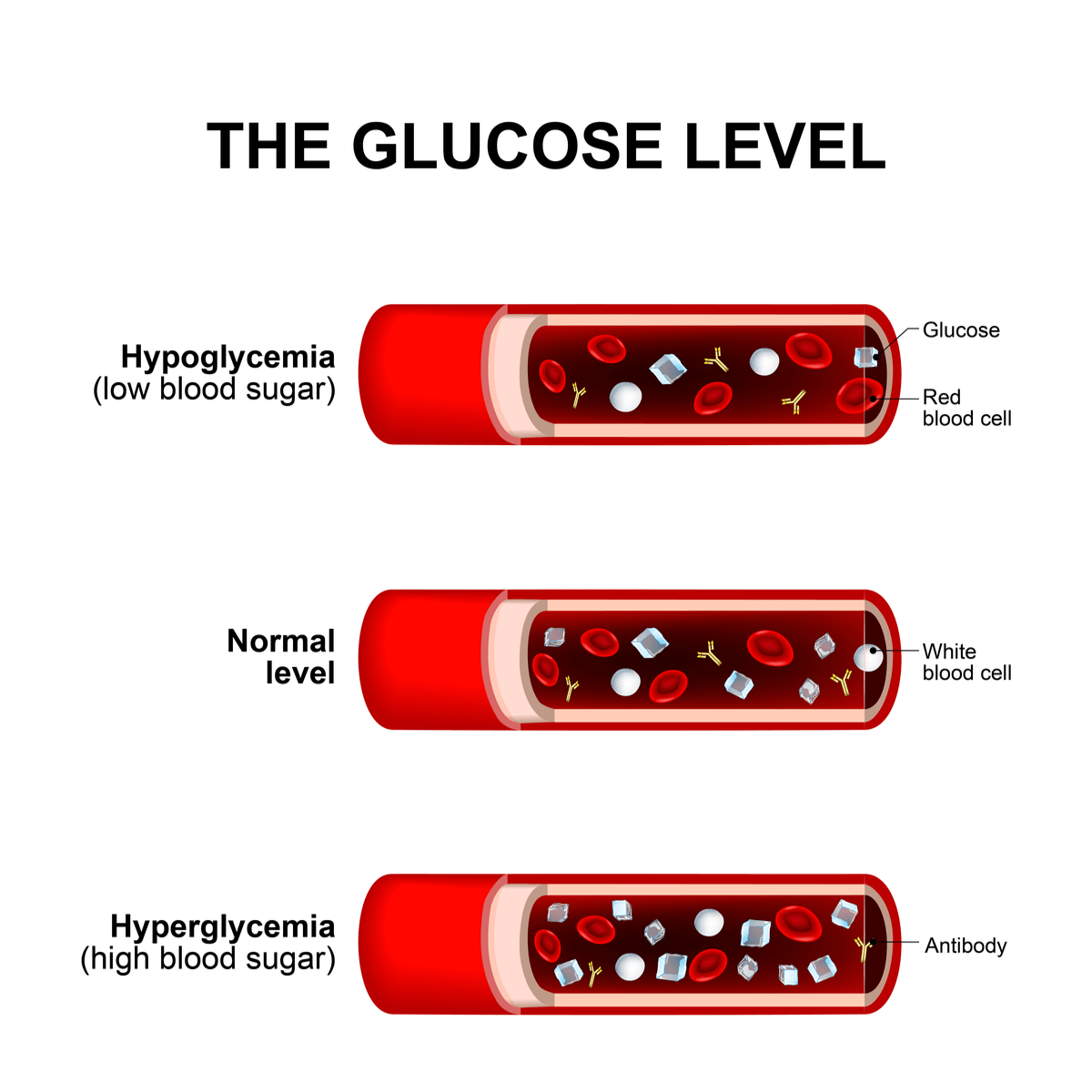
Bioactive Compounds
Aloe vera, also known as the “plant of immortality,” has been used for centuries for its healing properties. This succulent plant is packed with bioactive compounds that contribute to its various health benefits. Aloe vera gel, the transparent gel-like substance found in the leaves, contains a plethora of vital nutrients, including vitamins, minerals, amino acids, and antioxidants. These bioactive compounds work synergistically to promote overall health and well-being.
Antioxidant and Antibacterial Effects
One of the key benefits of aloe vera lies in its antioxidant and antibacterial properties. The gel of the plant contains polyphenols, which are powerful antioxidants that help protect the body against free radicals – unstable molecules that can cause damage to cells. These polyphenols also exhibit antibacterial properties and have been shown to inhibit the growth of certain types of bacteria, viruses, and fungi.
Regular use of aloe vera can help strengthen the immune system and reduce the risk of infections. It can also soothe and heal minor skin irritations, such as cuts and burns, thanks to its antibacterial and wound-healing effects.
Wound Healing
The wound-healing properties of aloe vera have been recognized for centuries. The gel of the plant contains compounds that can accelerate the healing process and reduce inflammation. When applied topically, aloe vera helps promote the formation of new skin cells and the production of collagen, a protein that gives the skin its structure and strength.
Not only does aloe vera speed up wound healing, but it also helps reduce the risk of infection. The gel creates a protective barrier over the wound, preventing bacteria from entering and causing further damage. It also has a cooling effect, providing relief from pain and discomfort.
For minor cuts, burns, and scrapes, simply apply a generous amount of aloe vera gel to the affected area. For more severe wounds, it is recommended to consult a healthcare professional.
Dental Plaque

According to research, aloe vera may also play a role in reducing dental plaque and promoting oral health. Dental plaque is a sticky film consisting of bacteria that forms on the teeth. If not properly removed, plaque can lead to various dental issues, including cavities and gum disease.
Aloe vera mouthwash has been found to effectively reduce dental plaque and gingivitis – inflammation of the gums. The antimicrobial and anti-inflammatory properties of aloe vera help combat the bacteria responsible for plaque formation and reduce gum inflammation.
To make an aloe vera mouthwash at home, mix 1/4 cup of pure aloe vera gel with 1/2 cup of water and a few drops of peppermint essential oil for added freshness. Use this mouthwash regularly to maintain good oral hygiene.
Canker Sores

Canker sores, also known as aphthous ulcers, are painful, open sores that can develop on the inside of the mouth. They can be caused by various factors, including stress, hormonal changes, and a weakened immune system. Aloe vera has been found to be effective in accelerating the healing process of these mouth ulcers.
The gel of the aloe vera plant can provide soothing relief to canker sores. It helps reduce inflammation and pain, and promotes faster healing. Applying a small amount of aloe vera gel directly to the sore several times a day can help provide relief and speed up the healing process.
Constipation

Aloe vera latex, a yellowish fluid found just under the skin of the aloe vera leaf, has been used as a natural laxative for centuries. It contains compounds called anthraquinones, which have a laxative effect on the intestines.
Drinking aloe vera juice made from the latex can help relieve constipation by promoting bowel movements. However, it is important to use caution and follow the recommended dosage, as consuming excessive amounts of aloe vera latex can lead to electrolyte imbalances and digestive discomfort.
If you are experiencing constipation, it is advisable to consult a healthcare professional before using aloe vera as a natural remedy.
Skin Health

Aloe vera is widely known for its benefits to the skin. With its moisturizing and soothing properties, it can help improve skin health and appearance. Regular use of aloe vera gel can enhance skin elasticity, reduce wrinkles, and promote a youthful complexion.
The gel of the aloe vera plant penetrates deep into the skin, delivering essential nutrients and hydration. It helps nourish the skin cells, promoting their regeneration and improving overall skin health. The gel also has a cooling effect, making it a popular natural remedy for sunburns and other types of skin irritations.
To incorporate aloe vera into your skincare routine, simply apply a thin layer of pure aloe vera gel to clean, dry skin. Gently massage it in until fully absorbed. For added benefits, look for skincare products that contain aloe vera as one of their main ingredients.
Blood Sugar

Managing blood sugar levels is crucial for individuals with diabetes or those at risk of developing the condition. Aloe vera may offer some benefits in this regard. Studies have suggested that aloe vera gel may have antidiabetic properties, helping to regulate blood sugar levels.
The bioactive compounds in aloe vera gel, such as fiber and certain plant compounds, can help improve insulin sensitivity and reduce fasting blood sugar levels. However, more research is needed to fully understand the effects of aloe vera on blood sugar management.
If you have diabetes or are concerned about your blood sugar levels, it is important to consult with a healthcare professional before making any changes to your treatment plan.
Hair Growth

Aloe vera may also have potential benefits for promoting hair growth and improving scalp health. Conditions such as seborrheic dermatitis, dandruff, and scalp inflammation can inhibit hair growth and cause hair loss. Aloe vera can help combat these issues and create a healthy environment for hair growth.
The enzymes found in aloe vera gel can help exfoliate the scalp, removing dead skin cells and excess sebum that can clog hair follicles. This can contribute to healthier hair growth and reduced hair loss. Aloe vera’s antimicrobial properties can also help combat scalp infections, which can further hinder hair growth.
To promote hair growth, apply aloe vera gel directly to the scalp and massage it in gently. Leave it on for 30 minutes to an hour before rinsing it out. Repeat this process a few times a week for best results.
Table Breakdown
| Aspect | Benefits |
|---|---|
| Antioxidant and Antibacterial Effects | Protects against free radicals and inhibits bacterial growth |
| Wound Healing | Accelerates the healing process and reduces inflammation |
| Dental Plaque | Reduces dental plaque and gingivitis |
| Canker Sores | Accelerates the healing of mouth ulcers |
| Constipation | Helps treat constipation |
| Skin Health | Improves skin elasticity and moisture |
| Blood Sugar | May help manage blood sugar levels |
| Hair Growth | Promotes hair growth and scalp health |
FAQ
Q: Can aloe vera help with acne?
A: Aloe vera has anti-inflammatory properties that may help reduce acne symptoms. However, its effectiveness may vary from person to person. It is best to consult a dermatologist for personalized acne treatment.
Q: Is aloe vera safe for internal use?
A: While aloe vera gel is generally safe for topical use, the oral use of aloe vera should be approached with caution. Aloe vera latex, which is found just under the skin of the leaf, can have laxative effects and may cause gastrointestinal discomfort when consumed in large quantities. It is advisable to consult a healthcare professional before using aloe vera internally.
Q: How often should I apply aloe vera gel to my skin?
A: You can apply aloe vera gel to your skin as often as needed. For best results, apply a thin layer to clean, dry skin and gently massage it in until fully absorbed. Repeat this process daily or as desired to maintain healthy skin.
Q: Can aloe vera help with sunburn?
A: Yes, aloe vera is often used as a natural remedy for sunburn. Its cooling and soothing properties can help reduce inflammation and provide relief from sunburn symptoms. Apply a generous amount of aloe vera gel to the affected area and repeat as needed.
Q: Can aloe vera cure diabetes?
A: Aloe vera cannot cure diabetes. However, it may have potential benefits in managing blood sugar levels. It is important to consult with a healthcare professional and follow a comprehensive diabetes treatment plan.
Q: Is aloe vera safe for pregnant women?
A: It is generally considered safe for pregnant women to use aloe vera topically for minor skin issues. However, ingesting aloe vera or using it in larger amounts may not be recommended during pregnancy. It is best to consult with a healthcare professional before using aloe vera during pregnancy.
Q: Can aloe vera help with dry scalp?
A: Yes, aloe vera can help moisturize and soothe a dry scalp. Apply aloe vera gel directly to the scalp and massage it in gently. Leave it on for 30 minutes to an hour before rinsing it out. Repeat a few times a week for best results.
Q: Can aloe vera promote weight loss?
A: Aloe vera is not a magic weight loss solution. While it may have some digestive benefits, there is no scientific evidence to suggest that aloe vera alone can promote significant weight loss. It is important to maintain a balanced diet and engage in regular physical activity for healthy weight management.
Q: Can aloe vera be used on pets?
A: Aloe vera can be safe for pets when used in moderation and under veterinary supervision. However, it is important to note that some pets may have adverse reactions to aloe vera, especially if ingested. Consult with a veterinarian before using aloe vera on pets.
Q: Is aloe vera suitable for all skin types?
A: Aloe vera is generally suitable for all skin types, including sensitive skin. However, it is recommended to perform a patch test before using aloe vera on a larger area of the skin, especially if you have known allergies or sensitivities.
Conclusion
Aloe vera is a versatile plant that offers a range of health and beauty benefits. From speeding up wound healing to reducing dental plaque, managing blood sugar levels, and promoting hair growth – the power of aloe vera is truly remarkable.
However, it is important to note that while aloe vera has many potential benefits, individual results may vary. It is always advisable to consult with a healthcare professional before using aloe vera as a treatment or incorporating it into your routine, especially if you have any pre-existing medical conditions or are taking medications.
Now that you know about the various healing and beautifying properties of aloe vera, why not explore other articles on natural remedies and skincare to further enhance your well-being? Stay informed and take charge of your health and beauty journey!